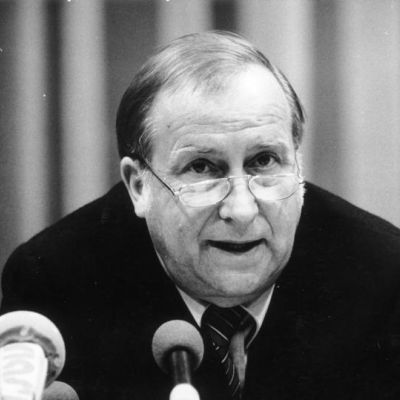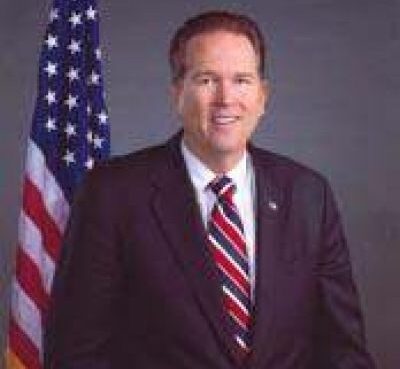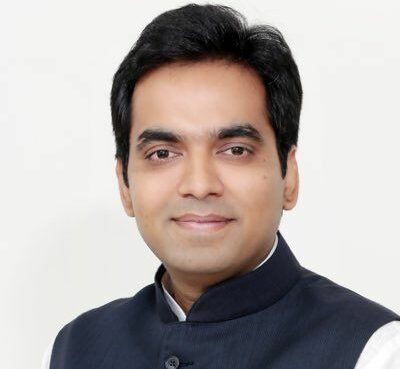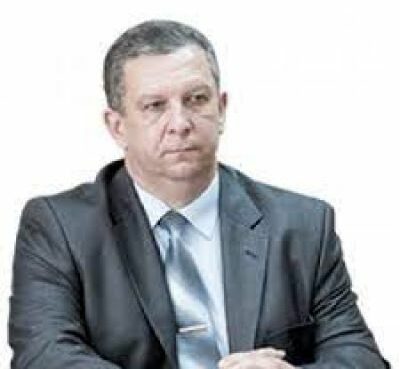Detlev Rohwedder, a German manager, politician, and the head of “Treuhandanstalt,” was shot dead by a sniper on April 1, 1991, at his residence.
Where was Detlev Rohwedder born? Ethnicity, Nationality, Family, Education
Page Contents
At the time of his death, Detlev Rohwedder was 58 years old. He was born Detlev Karsten Rohwedder on Sunday, October 16, 1932, at his grandparents’ home in Gotha, Thuringia, Germany.
He completed secondary school in the German town of Meldorf, in the western Schleswig-Holstein region, in 1953. Later, he attended Hamburg and Mainz to study law and economics.
Is Detlev Rohwedder Married? Relationship
Detlev Rohwedder married judge Hergard Toussaint in 1960. Regard Toussaint met Detlev Karsten Rohwedder while she was an undergraduate. She had a lengthy tenure as a judge in the Düsseldorf administrative court’s asylum chamber.
Philipp Rohwedder and Cäcilie Rohwedder were the couple’s two children. Cäcilie Rohwedder worked as a reporter for an American business daily, and Philipp Rohwedder served as the former CEO of Warner Bros. for German-speaking nations.
How did Detlev Rohwedder start his Professional Career?
Detlev began his professional life in 1963 as the head of the legal and tax division of Düsseldorf’s Kontinentale Treuhandgesellschaft, where he later rose to co-ownership.
Rohwedder transitioned into politics in 1969 by joining the SPD (The Social Democratic Party of Germany). He was appointed state secretary in the Federal Ministry of Economics that same year. Rohwedder returned to the industry in 1979 after leaving politics behind. He was made the leader of the Hoesch steel company in Dortmund.
Rohwedder was chosen to serve as the Treuhandanstalt’s chairman on July 3, 1990, and by 1991, he had been elevated to the position of president. Prior to the unification of Germany, the government of the German Democratic Republic (GDR) formed the Treuhandanstalt, also known as Treuhand.
Rohwedder was given the most challenging assignment in the German economy in 1991, following the fall of “The Berlin Wall,” which was to safeguard, restructure, and privatize the assets of the GDR’s state-owned firms, including 8000 industrial plants.
The Socialist Unity Party of Germany (SPD) was the communist party in charge of the GDR, the eastern section of Germany (SED). The ‘Stasi,’ the GDR’s secret police and intelligence agency that kept an eye on those who were thought to have any political opposition to the SED, defended communism in the GDR.
Also Read: Wife, Girlfriend, And Family Of Adam G. Sevani





